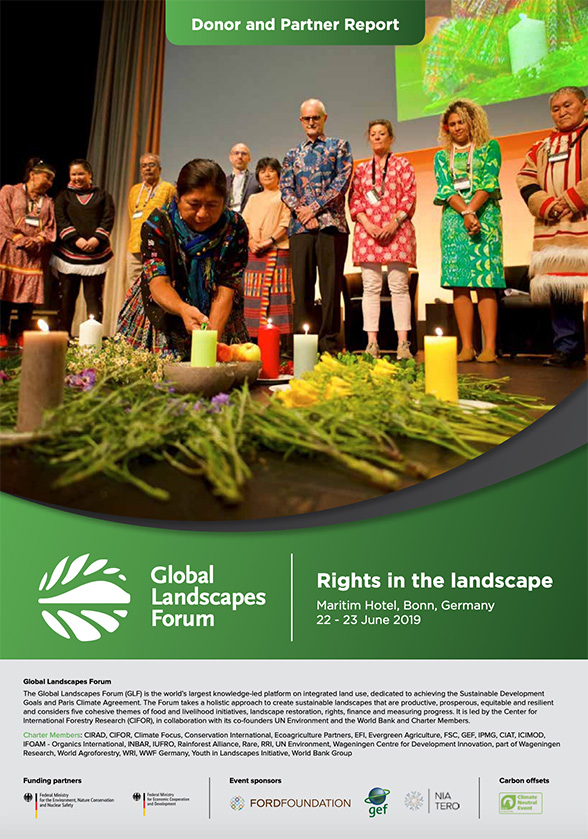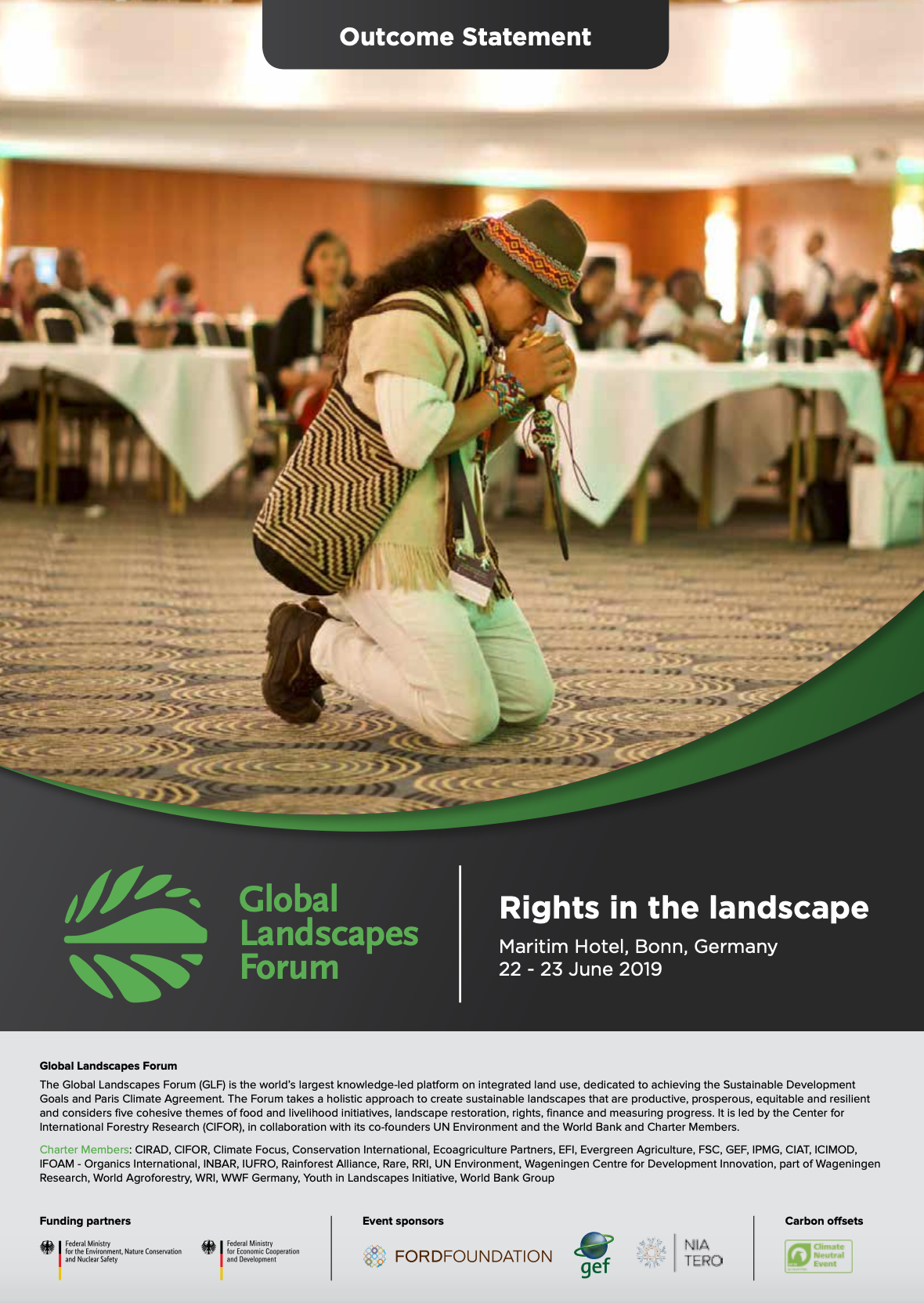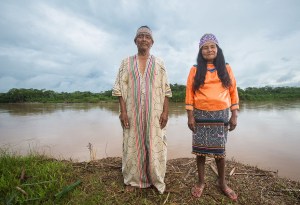MYANMAR COUNTRY ENVIRONMENTAL ANALYSIS
ASSESSING THE OPPORTUNITIES FOR SCALING UP COMMUNITY FORESTRY AND COMMUNITY
FORESTRY ENTERPRISES IN MYANMAR
This report was prepared by a World Bank team led by Martin Fodor and Stephen Ling. The team was composed of Aye Marlar Win, Aung Kyaw Naing, David Gritten, Kyaw Htun, Lesya Verheijen, Lwin Lwin Aung, Martin Greijmans, Nina Doetinchem, Robert Oberndorf, Ronnakorn Triraganon, Thiri Aung, and Werner Kornexl.





